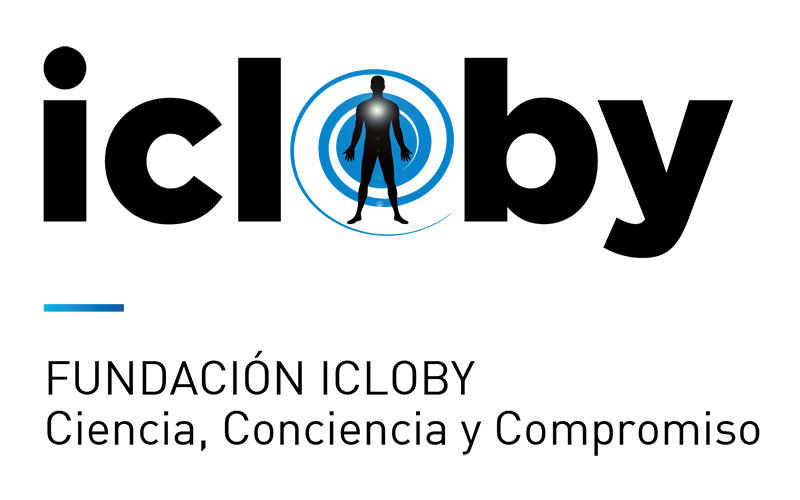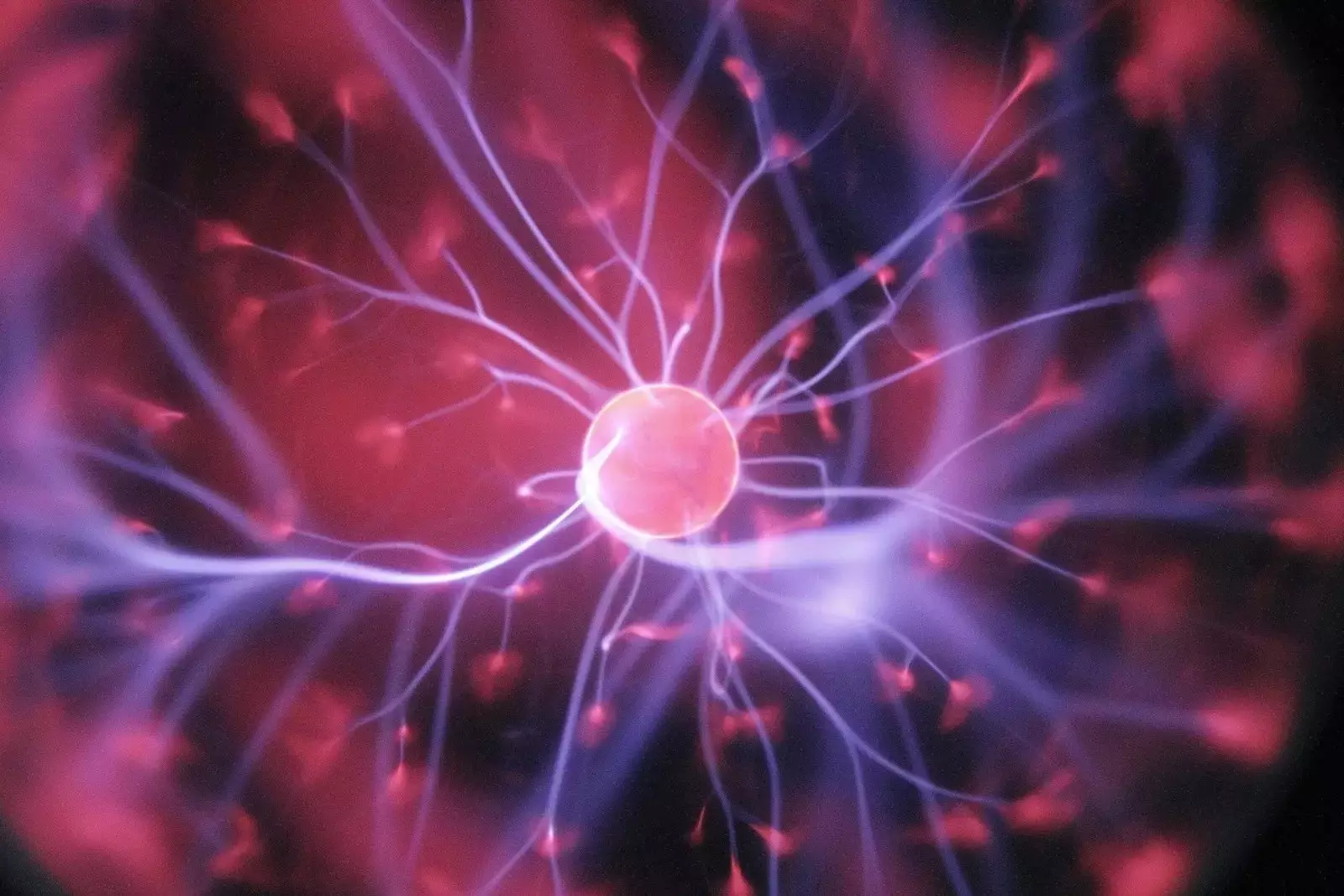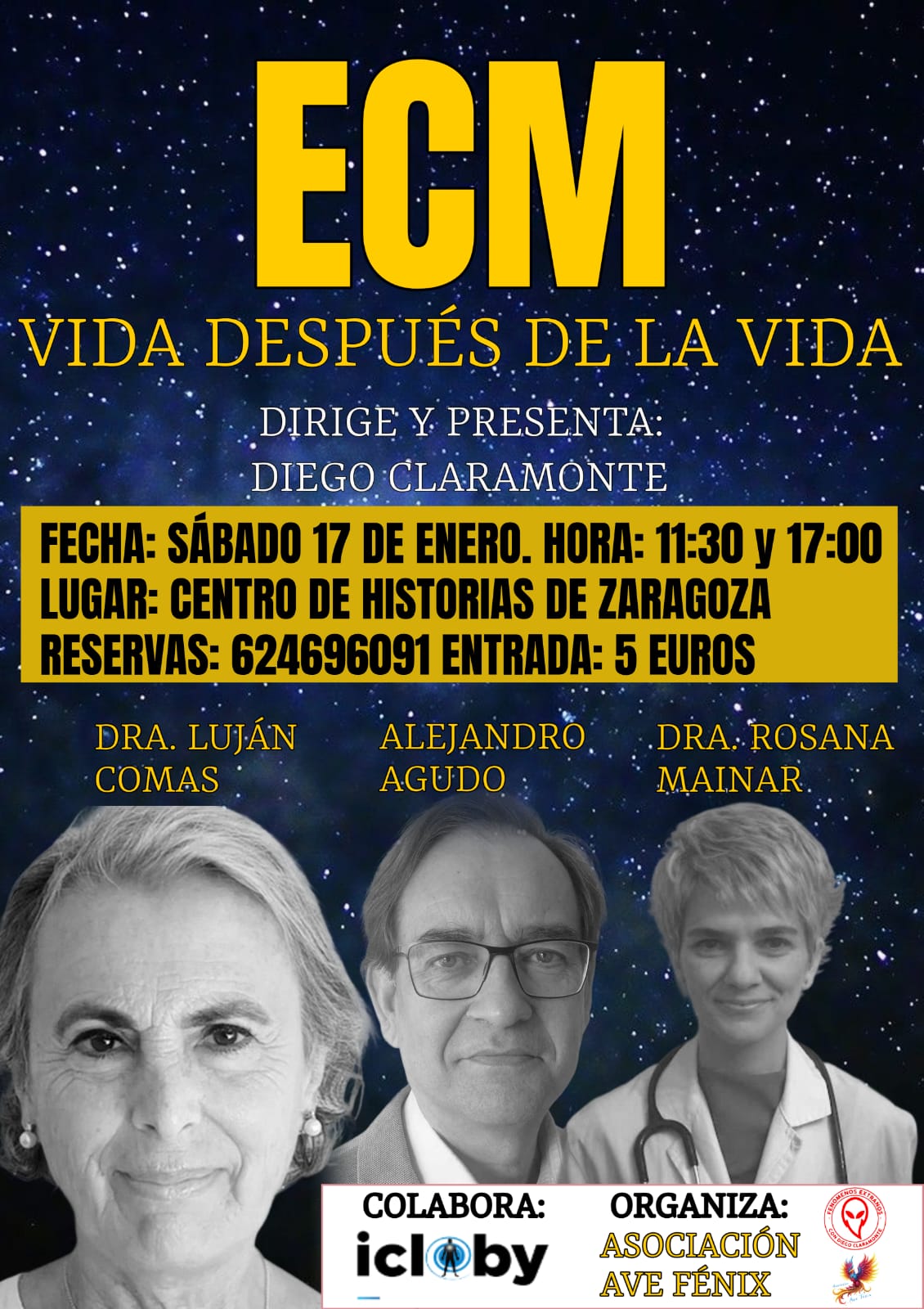REVIEW OF Paradoxical lucidity: A potential paradigm shift for the neurobiology and treatment of severe dementias. DE MASHOUR et al. 2019.
Paradoxical lucidity is defined as a state of unexpected, spontaneous and meaningful connection and communication in a health situation where the organism is not supposed to allow it. This is especially interesting in cases of dementia with confirmed or suspected neurological cause. This should make us rethink what we think about the loss of brain function and its presumed irreversibility.
Research on paradoxical lucidity has focused on cases in which it appears a few days or hours before the patient’s death. In these cases it is appropriate to call it terminal lucidity. This occurs under severe dementia, tumors, cerebral infarcts, meningitis….
Near-death experiences are also episodes of unexpected lucidity in conditions where brain function is impaired, so they are considered related phenomena.
To date, the mechanisms that could explain the cases of paradoxical lucidity are unknown, given the lack of neuroscientific studies on the subject. However, in cases of Alzheimer’s disease, rapid regeneration of neuronal tissue is considered unlikely. There is speculation that perimortem spikes in brain activity may explain terminal or paradoxical lucidity.
Finally, some ideas are offered for prospective studies to distinguish between significant cognitive improvements in patients and simply having a “good day”, such as video documentation of episodes of paradoxical lucidity.





